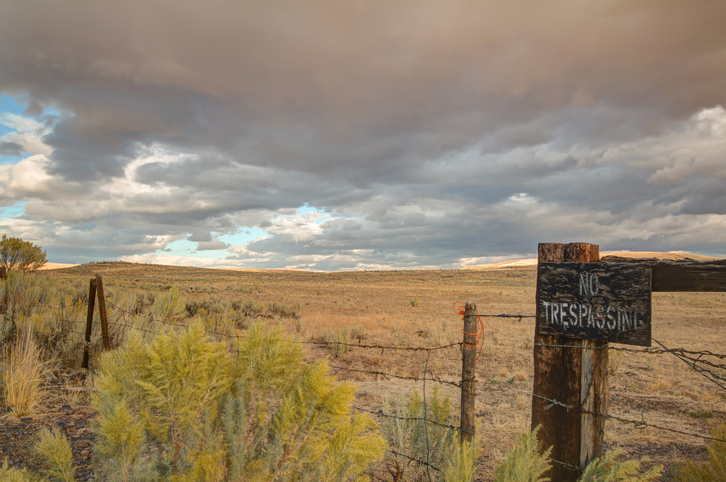Relief for Inverse Condemnation

Most people have a basic understanding of the concept of eminent domain or have at least heard of the term. Eminent domain is the right of the government to confiscate private property for a public purpose, provided that it compensates the property owner. In California, eminent domain law derives from the Fifth Amendment of the United States Constitution, as well as the Constitution of California, state statutes, and case law.
Closely related to eminent domain is something called inverse condemnation. Whereas the eminent domain is initiated by the government, inverse condemnation is initiated by a property owner whose land has been taken by the government without being compensated. A physical taking of private property isn’t necessary for there to be a valid inverse condemnation claim. Rather, inverse condemnation can also be based on temporary takings, and also government regulations that reduce the economic value of the land. The distinction between eminent domain and inverse condemnation is important because, with respect to the latter, the property owner bears the burden of showing that a taking has occurred.
The plaintiff in an inverse condemnation lawsuit will generally try to recover compensation equal to the economic benefits they have lost as a result of the government’s actions. Typically, this involves determining the fair market value of the property during the time the owner wasn’t able to use it. The fair market value approach is intuitive as it establishes a baseline against which the property owner’s losses can be calculated.
And yet, as any eminent domain lawyer in California can tell you, fair market value is just the beginning when it comes to accurately measuring the impact that a taking or regulation can have on a property owner. The following additional methods of valuing private property are often used in inverse condemnation cases in California:
Cost to Cure
The owner of a piece of private property that has experienced a drop in market value because of a government taking will likely need to restore it to its prior condition. The cost of doing so is called cost to cure and it is a fully reimbursable expense.
Cost to Mitigate
A rule followed in most U.S. jurisdictions is that a property owner in a takings case must exercise reasonable diligence to minimize their damages. The owner is entitled to be reimbursed for any costs they incur while doing so.
Lost Goodwill
Goodwill is an intangible business asset defined in California as benefits that accrue to a company as a result of its location, reputation, and any other factor that promotes the acquisition and retention of customers. The right to recover lost goodwill is recognized in California inverse condemnation actions.
Monetary damages are the exclusive remedy in most inverse condemnation cases in this state. However, other forms of relief do exist. These include administrative mandamus, in which a regulation is ruled invalid with respect to a specific plaintiff, and declaratory relief, in which a regulation is deemed unconstitutional.
Contact a California Eminent Domain Lawyer at Palmieri, Hennessey & Leifer LLP Today
Are you a property owner in California who has experienced a monetary loss because of a government land taking or regulation? If so, then consider taking prompt legal action with help from a California eminent domain lawyer from Palmieri, Hennessey & Leifer LLP. Our law firm – based in Irvine, CA – has successfully handled many inverse condemnation cases and has obtained multi-million-dollar settlements on behalf of both property owners and renters from across the state. Along with eminent domain and inverse condemnation, are lawyers are highly skilled in the areas of commercial lease valuation, land use and CEQA laws, and business litigation.
Call Palmieri, Hennessey & Leifer today at 949-851-7388 or submit your contact information through our convenient online form.
